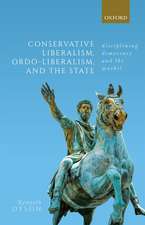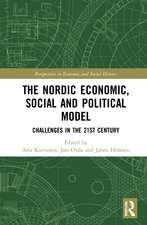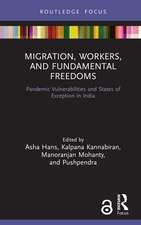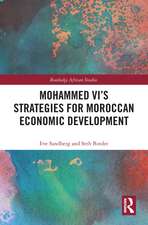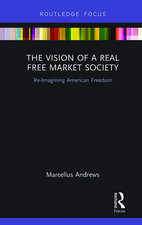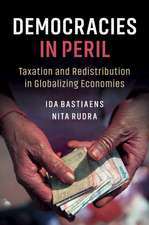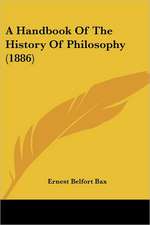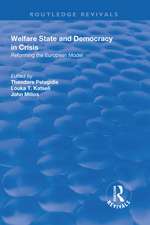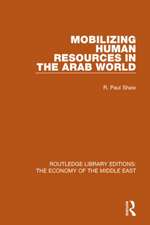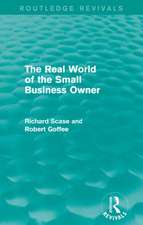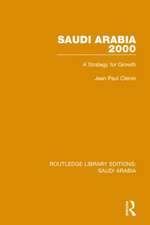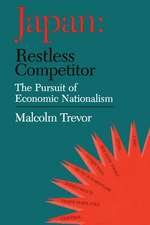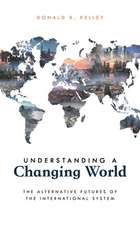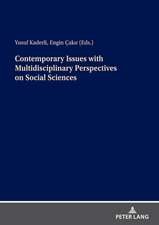The Wealth of Nations (with Introductions by Ernest Belfort Bax and Edwin R. A. Seligman)
Autor Adam Smith Introducere de Edwin R. A. Seligman, Ernest Belfort Baxen Limba Engleză Paperback
Preț: 200.69 lei
Nou
Puncte Express: 301
Preț estimativ în valută:
38.41€ • 41.74$ • 32.29£
38.41€ • 41.74$ • 32.29£
Carte tipărită la comandă
Livrare economică 21 aprilie-05 mai
Preluare comenzi: 021 569.72.76
Specificații
ISBN-13: 9781420954661
ISBN-10: 1420954660
Pagini: 780
Dimensiuni: 140 x 216 x 44 mm
Greutate: 0.98 kg
ISBN-10: 1420954660
Pagini: 780
Dimensiuni: 140 x 216 x 44 mm
Greutate: 0.98 kg
Notă biografică
Adam Smith (16 June 1723 - 17 July 1790) was a Scottish economist, philosopher and author as well as a moral philosopher, a pioneer of political economy and a key figure during the Scottish Enlightenment, also known as ''The Father of Economics'' or ''The Father of Capitalism.'' Smith wrote two classic works, The Theory of Moral Sentiments (1759) and An Inquiry into the Nature and Causes of the Wealth of Nations (1776). The latter, often abbreviated as The Wealth of Nations, is considered his magnum opus and the first modern work of economics. In his work, Adam Smith introduced his theory of absolute advantage.
Smith studied social philosophy at the University of Glasgow and at Balliol College, Oxford. After graduating, he delivered a successful series of public lectures at the University of Edinburgh, leading him to collaborate with David Hume during the Scottish Enlightenment. Smith obtained a professorship at Glasgow, teaching moral philosophy and during this time, wrote and published The Theory of Moral Sentiments. In his later life, he took a tutoring position that allowed him to travel throughout Europe, where he met other intellectual leaders of his day.
Smith laid the foundations of classical free market economic theory. The Wealth of Nations was a precursor to the modern academic discipline of economics. In this and other works, he developed the concept of division of labour and expounded upon how rational self-interest and competition can lead to economic prosperity. Smith was controversial in his own day and his general approach and writing style were often satirised by writers such as Horace Walpole.

